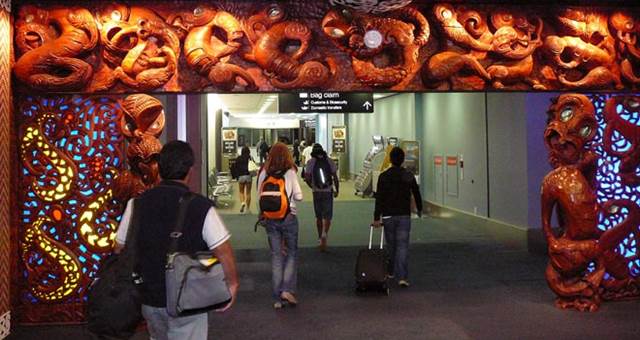Today’s announcement of a new travel tax has been decried by industry.
The New Zealand Government will impose a travel tax of $21.57 (incl. GST) per air passenger and $26.22 (incl. GST) per cruise passenger, with the money collected replacing the current Crown funding of border services provided by Customs and Ministry for Primary Industries.
Following the surprise announcement of a travel tax in the May budget, a coalition of tourism, travel and aviation organisations was formed, led by the Tourism Industry Association New Zealand (TIA).
In its submission, the Coalition Against Travel Tax (CATT) warned that the tax would be an unwelcome handbrake on growing the visitor economy – and if it was to be imposed, the design, timing and implementation of the travel tax needed significant amendment.
TIA chief executive Chris Roberts says the tax ignores a long-standing understanding in New Zealand that border services are a public good and should therefore be funded from general taxation.
Roberts said that the Government has downplayed the potential negative impacts of the tax.
“Fortunately, the tourism sector is currently performing very well, with international visitor arrivals growing by 8% in the past year. However, the new tax will be enough to deter some people from travelling – and could shave 1-2% off the current growth. In terms of visitor spend, New Zealand is set to lose more than it gains in the tax collection.
“CATT made a number of constructive recommendations regarding the implementation of the tax and it is disappointing that these have not been taken up,” said Roberts.
Roberts said that Government has made two notable concessions; the first is that the tax for cruise passengers has been capped at the consultation figure of $26.22 – but with the exempting of crew members, this will not allow full recovery of the border costs incurred.
“This means that the Crown is retaining a small part of the responsibility for funding border services,” he said.
The second is that the level of the travel tax will be set for 30 months, with any adjustment likely to occur on 1 July 2018.
“This provides some certainty for those selling travel to New Zealand that they can put accurate information into the market,” said Roberts.


